Producer Perspective: Meredith Ellis
Cattle rancher Meredith Ellis shares insight into how regenerative management practices benefit her operation and the ecosystem.
I am a 39-year-old, second-generation rancher who grew up on my family’s land and then left. I traveled the world. I earned a bachelor’s and master’s degree from University of New Mexico. I explored every possible impactful career option. I wanted to make a difference – to leave this world better off than I found it. And in all of that searching and experiencing and learning, one thing became abundantly clear: the most important thing I could possibly do to help this planet was to return home, learn from my dad, continue his legacy and care for the land. So I became a rancher.
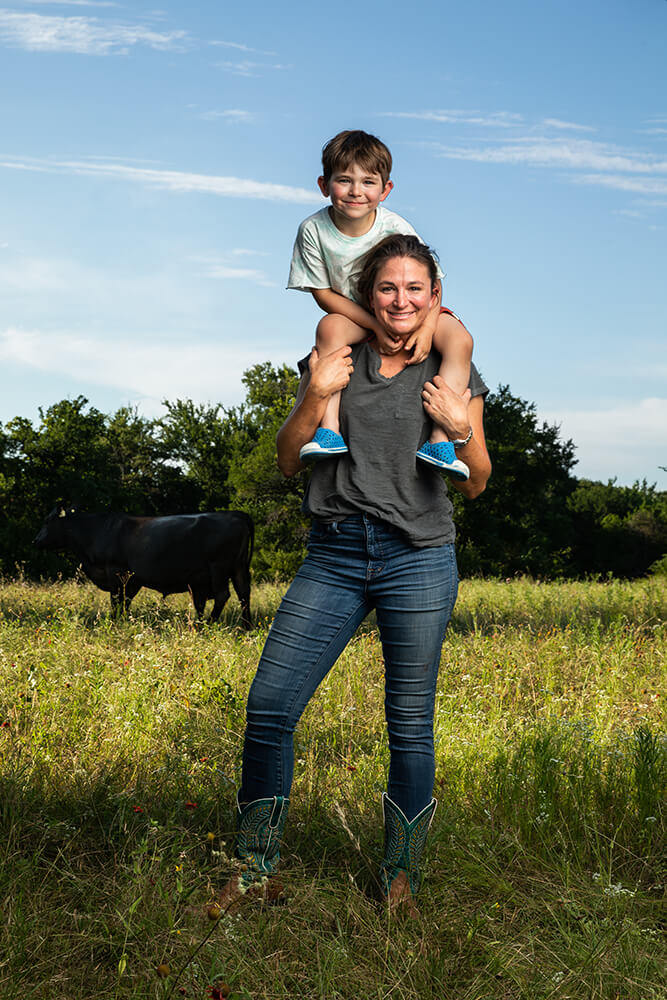
By 2050, our global population is estimated to grow to almost 10 billion humans. At the same rate, our climate is becoming more unpredictable. While our ranch has been experiencing unseasonably cool and wet weather, the western half of the United States is experiencing the worst megadrought in 1,200 years. This means that within agriculture, we will need to produce twice as much food as we do now, while simultaneously healing our damaged planet. Out of all of the methods of food production, the most impactful is the role of a regenerative cattle rancher, who works with the ecosystem to rebuild soil health.
My primary responsibility is to work within the natural ecosystem that my cattle call home. To do this, I must be the ultimate observer of the impact my cattle are having on the land, and of the nutrition the land is providing them. My cattle are constantly moving, providing the right amount of disturbance to benefit the soil and encourage new growth. Every single day, I use the five principles of soil health within the context of our operation as a checklist. I know that no matter the decision I make, if I am abiding by those principles, then I am positioning my cattle and my land to be the most drought- and flood-tolerant, and the least needy for artificial inputs. I am learning that ranch profitability doesn’t have so much to do with that big check at the end of the year, but the everyday costs that go into it through the year.
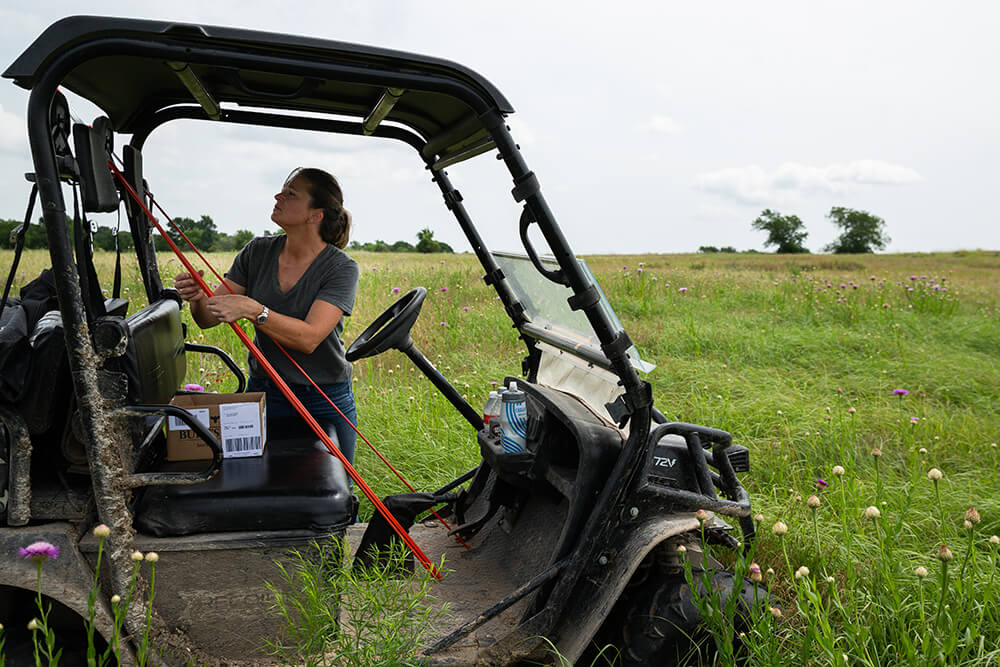
And because of our regenerative management style, initial modeling shows that we benefit the planet, taking the equivalent of 551 cars off the road every single year by sequestering carbon. We are also a home to 400 different native species and counting. We have crystal-clear water in our streams, and provide nutritious food to the world. In this day and age, those things are priceless. It was a big circle I traveled away from our ranch, only to realize the importance of coming back home. I emphatically say to you, my fellow rancher, keep going. You are priceless.
If you want to talk about the way I manage my ranch, I’m here to have a conversation. Just email me at [email protected].
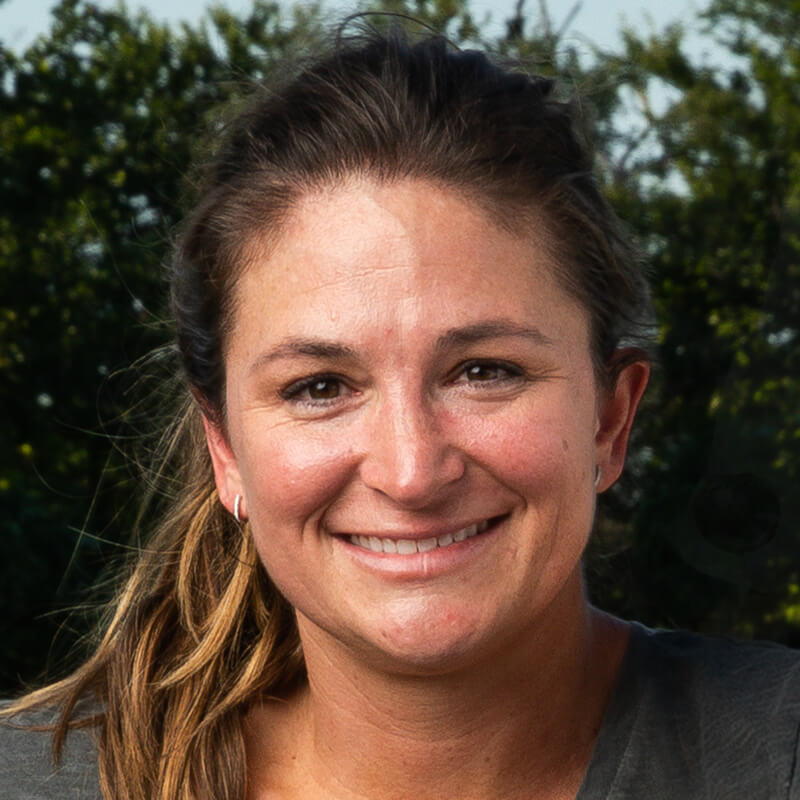
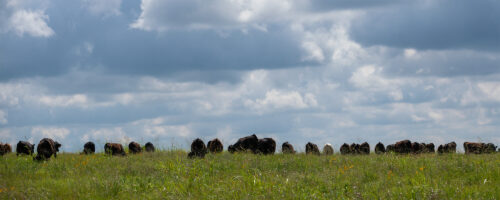
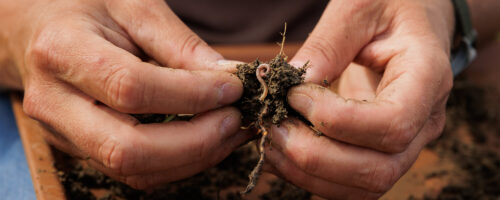
Comment